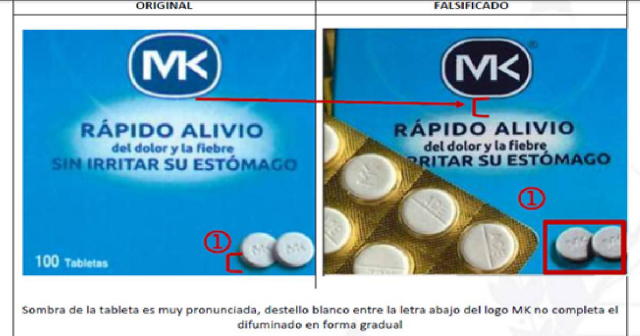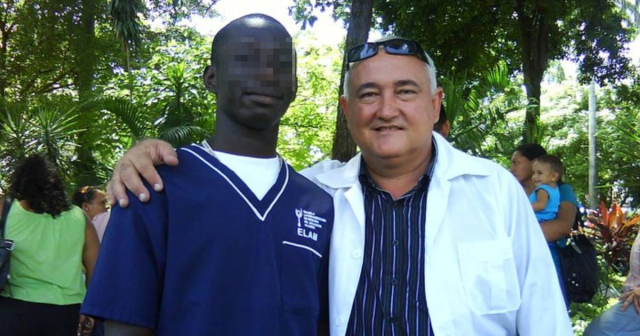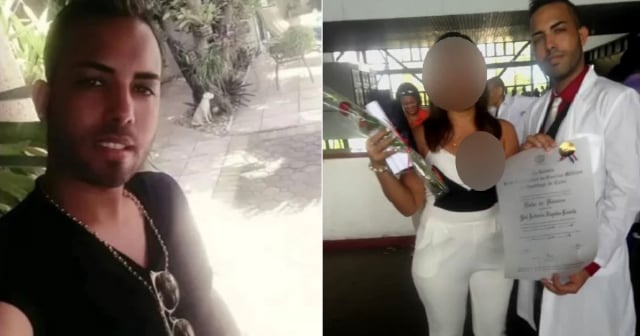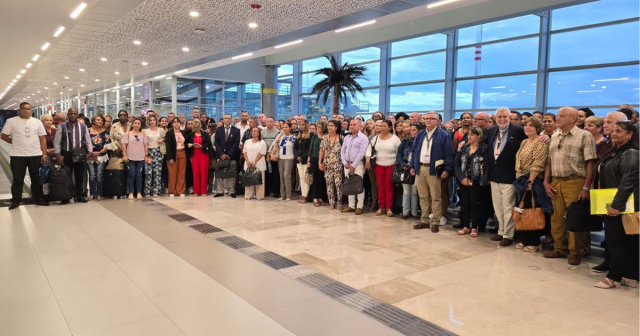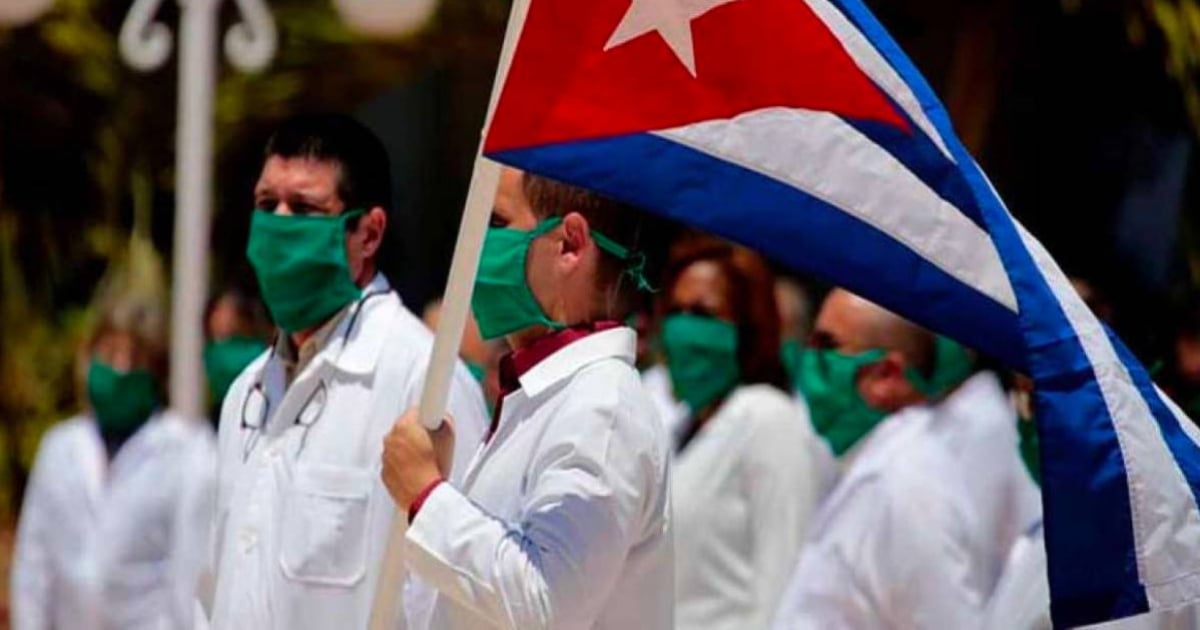
The Minister of Health of Guatemala, Joaquín Barñoya, and the Ambassador of Cuba in that country, Nazario Fernández, signed a health cooperation agreement that will extend until 2027.
This agreement aims to strengthen assistance work in Guatemala, especially in the most remote communities, where Cuban professionals have played a crucial role since 1998, after Hurricane Mitch.
The agreement strengthens diplomatic relations between both countries, but it is not without controversies. Behind the rhetoric of solidarity and collaboration lies a regime criticized for its treatment of doctors, who work under conditions that many consider forms of "modern slavery."
These Cuban professionals, sent on international missions, often have their salaries withheld by the government, which retains a high percentage of the money paid by the receiving countries.
The strict control that the Cuban government exerts over doctors, limiting their freedom and monitoring their movements, has been the subject of international criticism.
The coordinator of the Cuban Medical Brigade in Guatemala, Mariheta Cutiño, stated that more than a thousand Guatemalans have graduated from the Latin American School of Medicine in Havana.
The reality faced by Cuban doctors raises serious doubts about the ethics and sustainability of this cooperation model.
This agreement, while beneficial for Guatemala, once again brings to the forefront the working conditions of Cuban professionals, whose sacrifice is used as a political flag by the island's government, while they are denied full freedom and just compensation for their work.
What do you think?
COMMENTFiled under:


